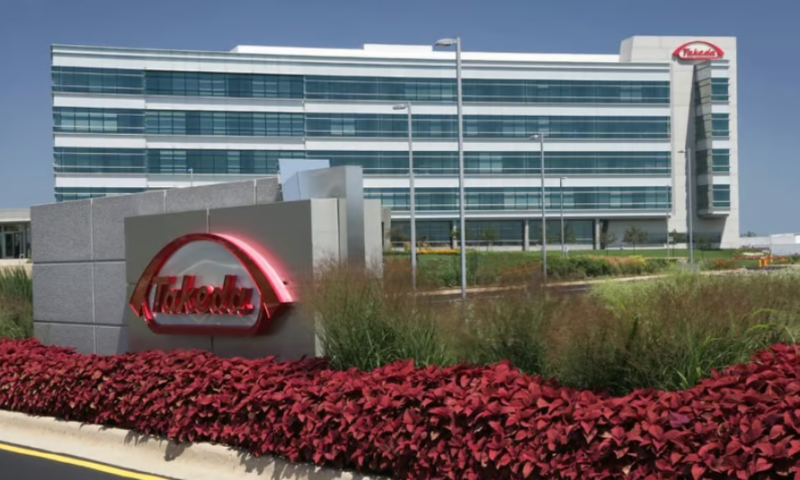Takeda is moving away from early-stage R&D work in adeno-associated virus-based gene therapies and the rare hematology spaces, with an unknown number of employees set to “transition out” of the pharma.
The company has informed its team that discovery and preclinical efforts in AAV gene therapy will be discontinued, alongside research and preclinical work in rare hematology, a spokesperson confirmed with Fierce Biotech via email.
The move is supposed to help focus resources on core therapeutic areas and the company’s late-stage clinical programs such as oral TYK2 inhibitor TAK-279, according to the spokesperson. That asset is under development for several autoimmune diseases and is currently being assessed in a phase 2b trial for plaque psoriasis as well as a phase 2b study for patients with active psoriatic arthritis.
“We are focused on retaining and providing meaningful work for those whose roles are impacted and where possible, we will reassign individuals to similar roles,” the spokesperson said.
Takeda is also working to support the team involved in AAV gene therapy activities as it “explores externalization strategies.”
“We are engaging with our AAV partners to discuss next steps for those programs,” the Takeda spokesperson said, though they did not specify further. “Also, we will maintain some strategic investments in non-viral gene therapy—including some partnerships having potential applications to programs across our core therapeutic areas of gastrointestinal and inflammation, neuroscience and oncology plus cell therapies.”
While the pharma has invested heavily in gene therapy in the last few years—striking up 10 gene therapy deals from March 2020 to May 2022, with an estimated $9 billion biobucks on the table—most investments aren’t in AAV-based gene therapies. Some companies that may be impacted include Codexis, which Takeda has partnered with on preclinical work assessing the biotech’s recombinant AAV-based gene therapy for the potential treatment of Fabry disease.
Takeda also signed a $1.12 billion biobucks deal with Selecta Biosciences, a biotech that touts its platform’s potential to induce AAV vector-specific immune tolerance. Another partnership at risk is a $3.6 billion pact with Poseida, which takes aim at developing nonviral in vivo gene therapy programs for the hereditary bleeding disorder hemophilia A.
The new changes won’t affect Takeda’s clinical development pipeline or its commercial products, such as the approved antiviral Livtencity for post-transplant patients that have developed a cytomegalovirus infection or the midstage kidney disease antibody treatment mezagitamab.
“Takeda remains firmly committed to patients with rare diseases and we will maintain our rare disease unit, which will focus on late-stage development programs moving forward,” the spokesperson said.
The Japanese pharma isn’t the only large company taking a hard look at the pipeline lately. Pfizer announced a strategy shift earlier this year that includes cutting eight rare disease assets. The Big Pharma is rethinking its approach to rare diseases and exploring “externalization opportunities for a number of highly innovative, niche programs.”

